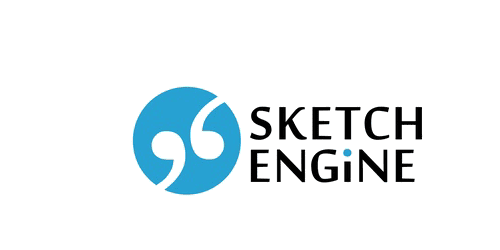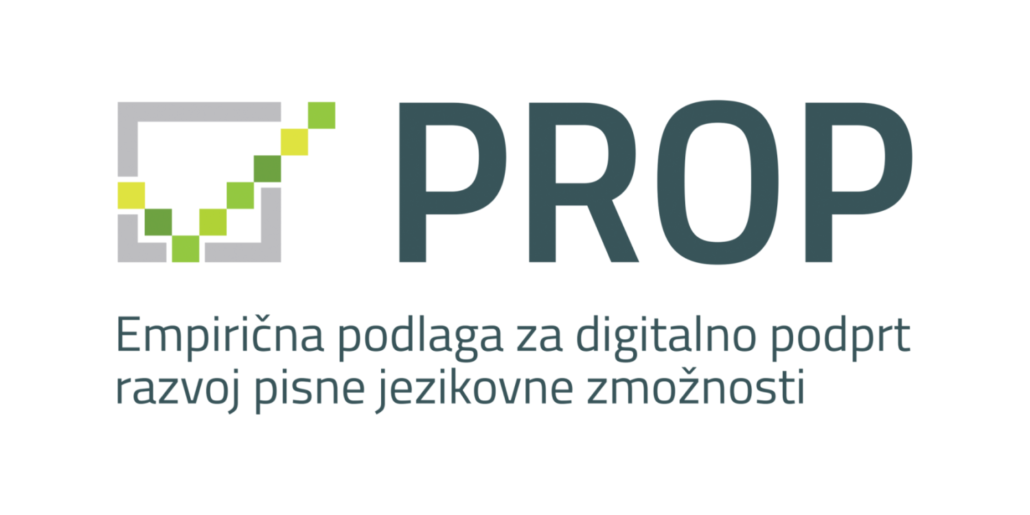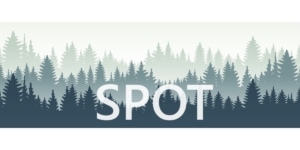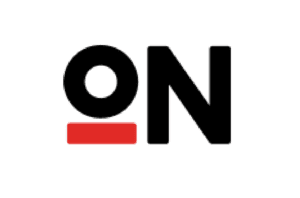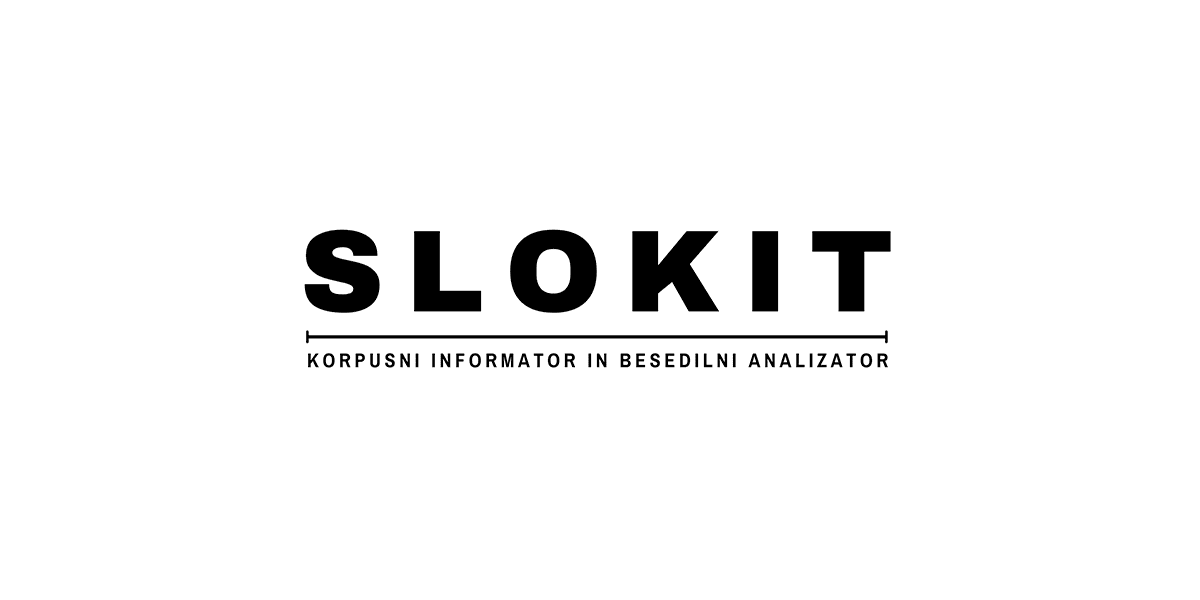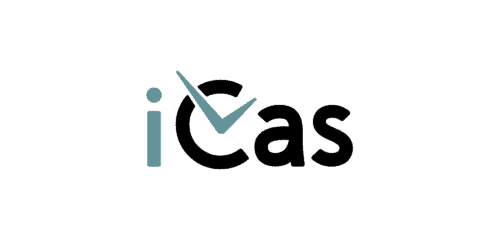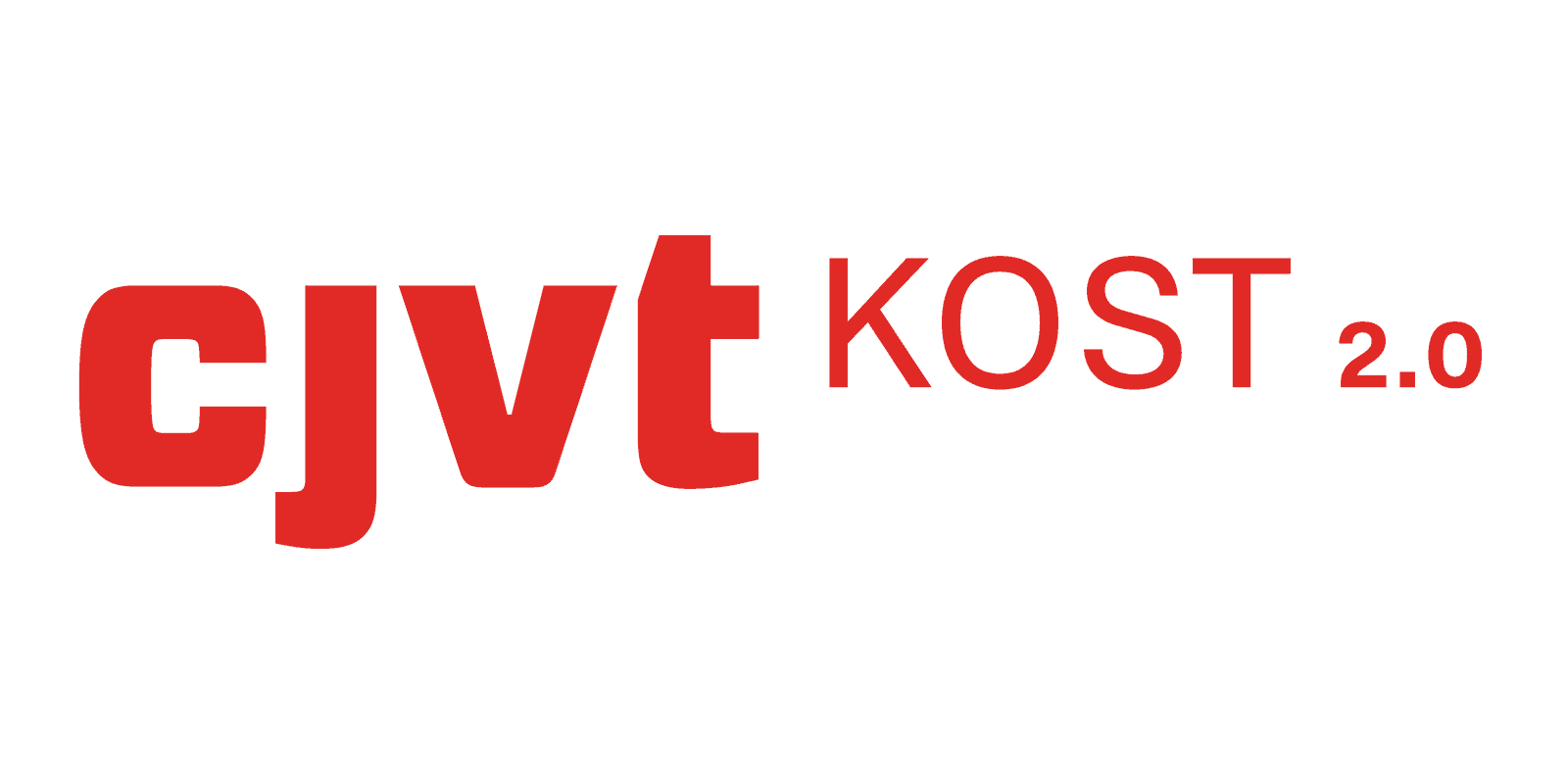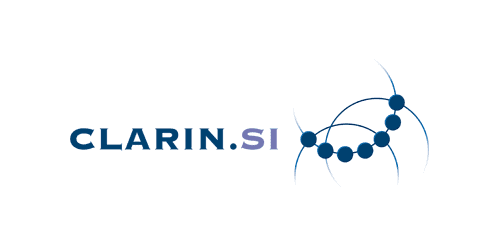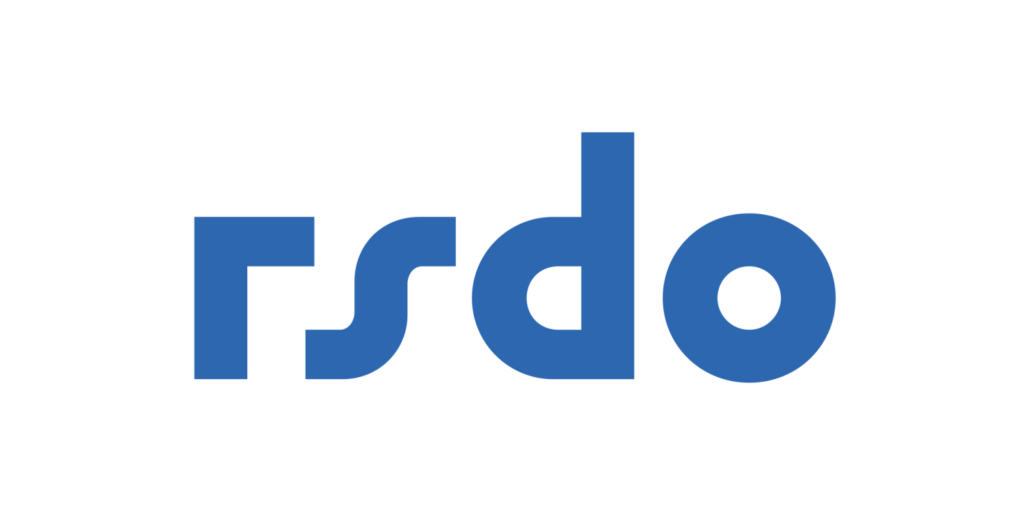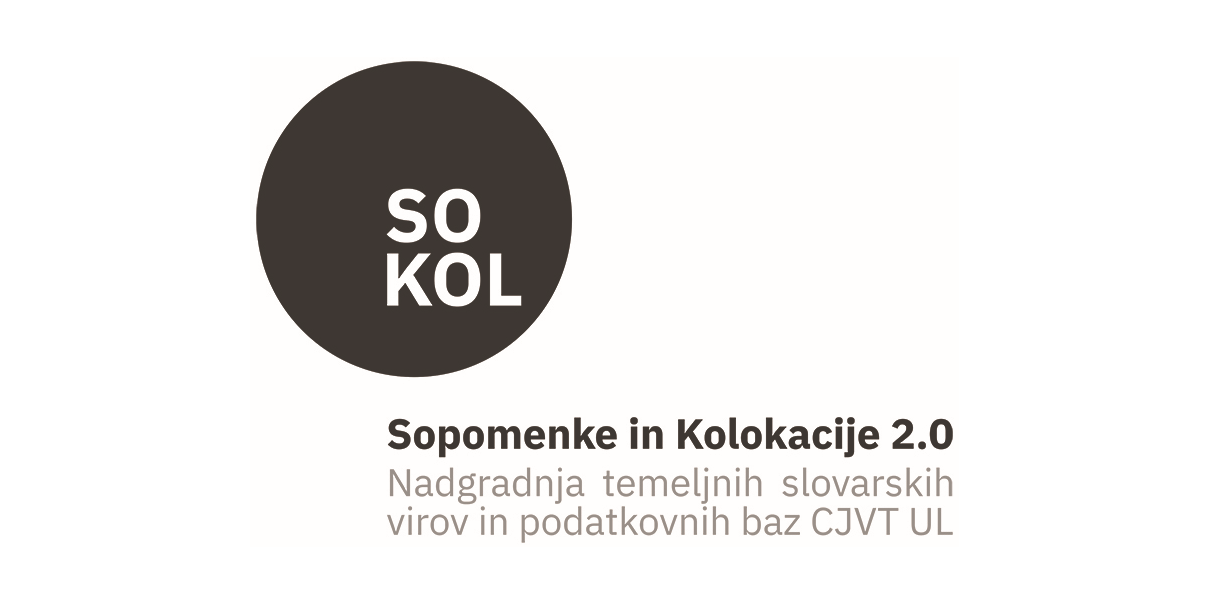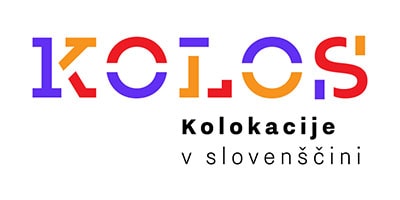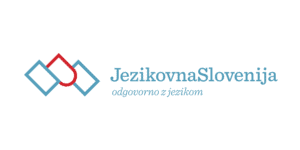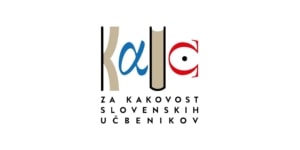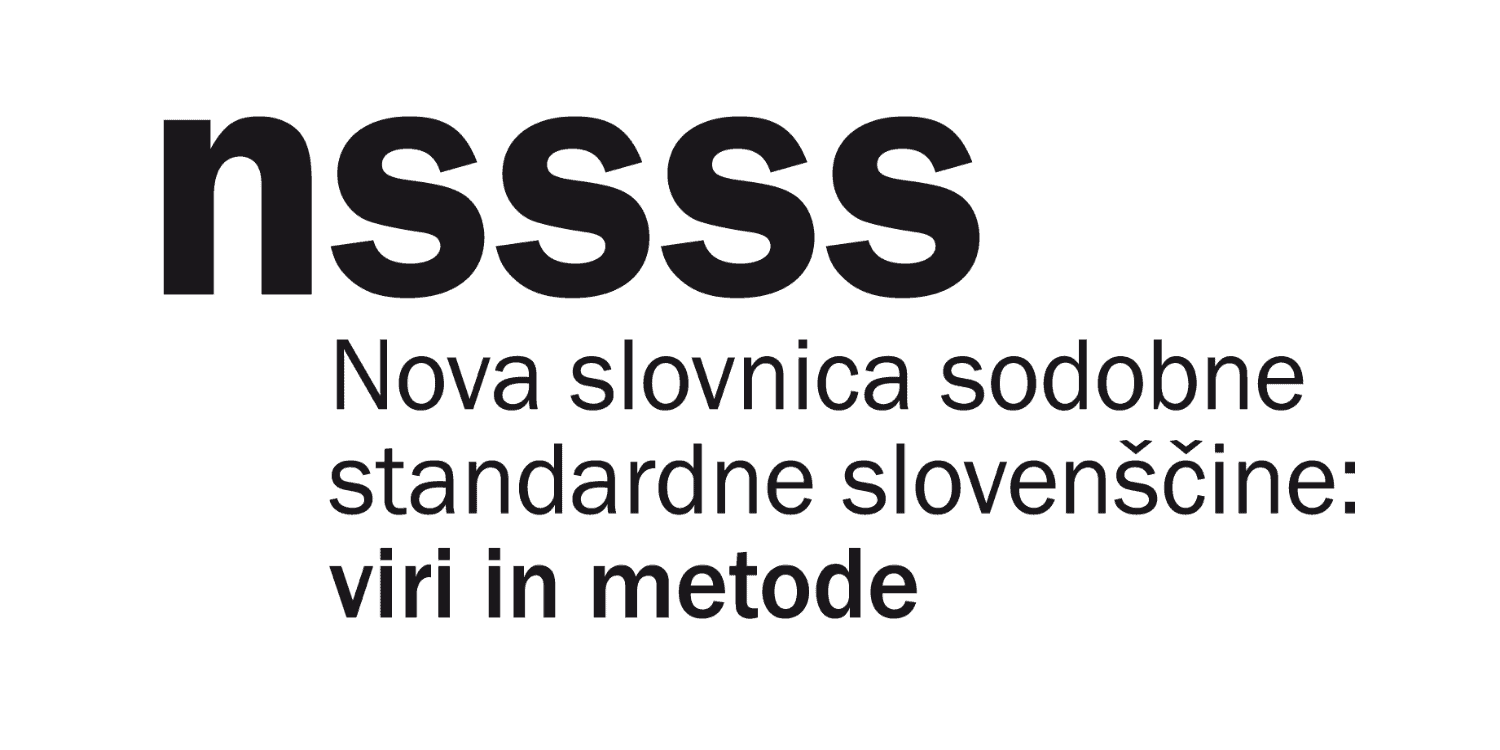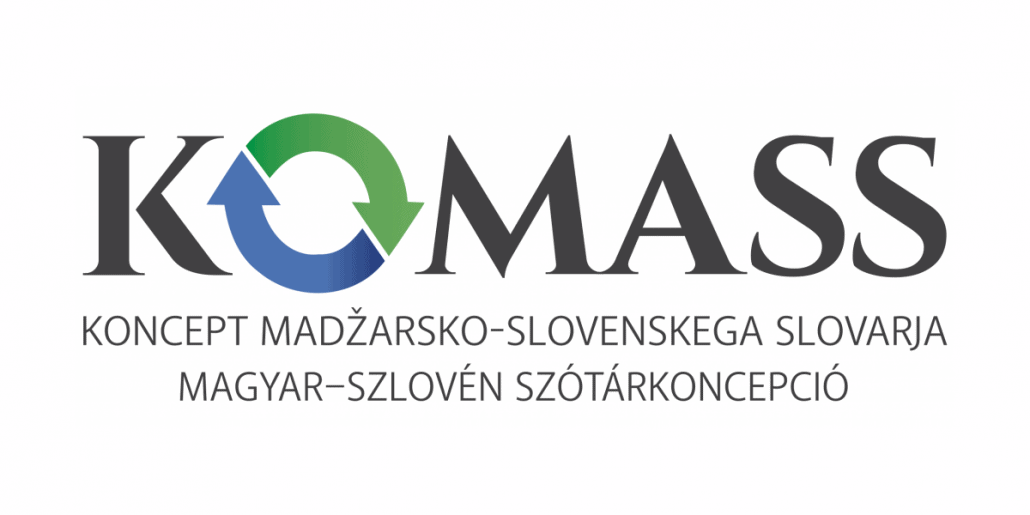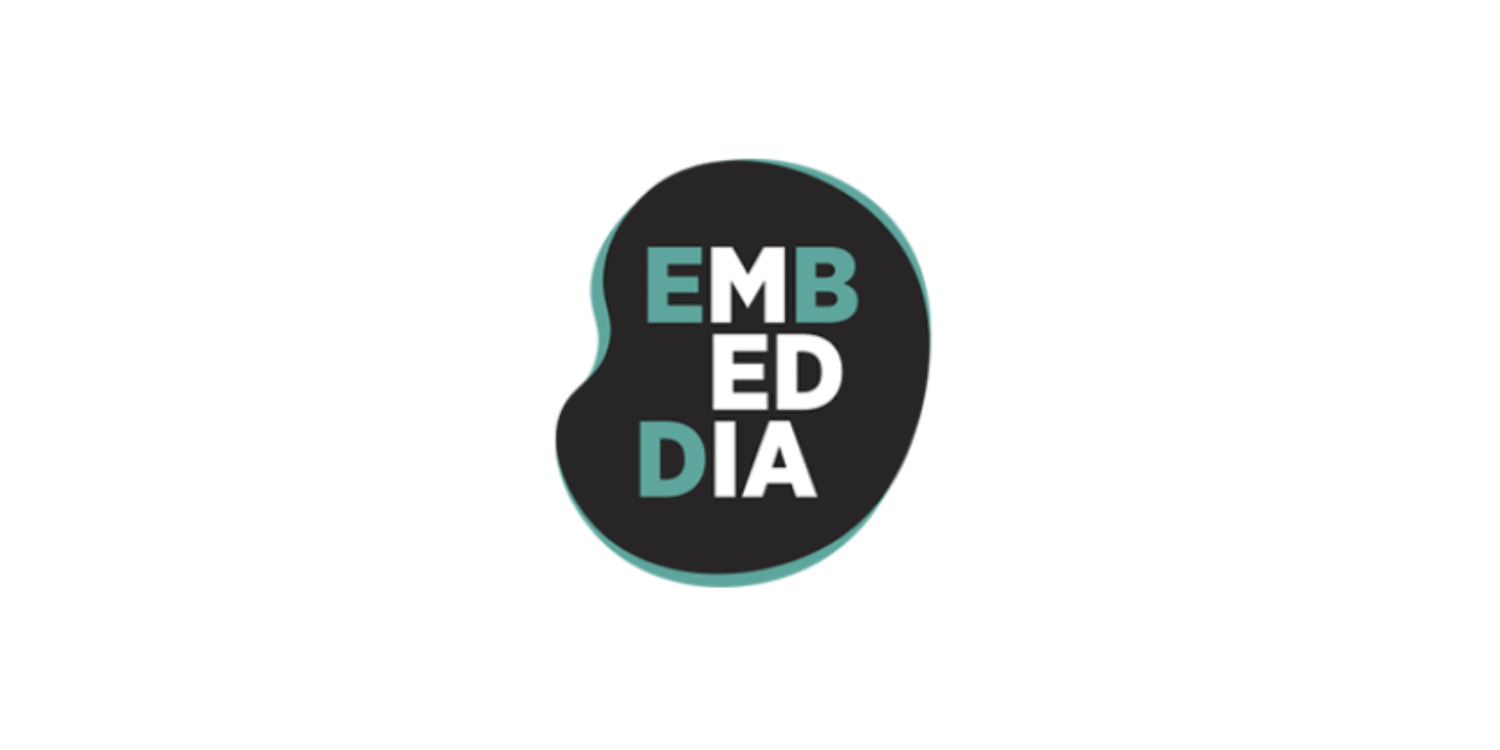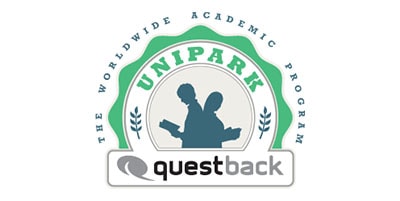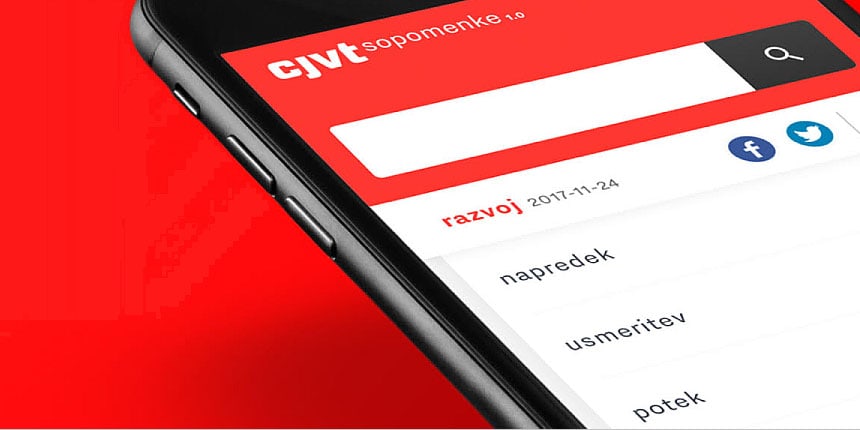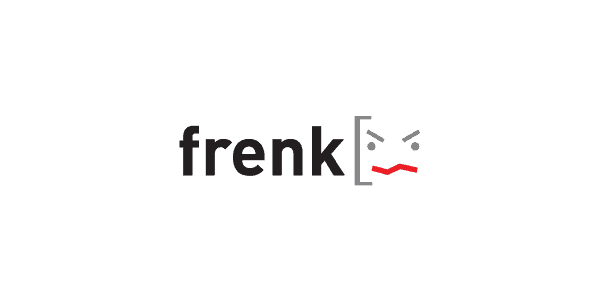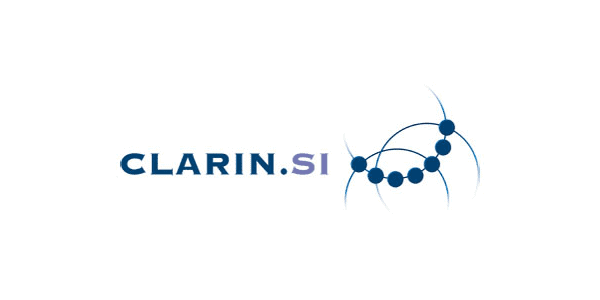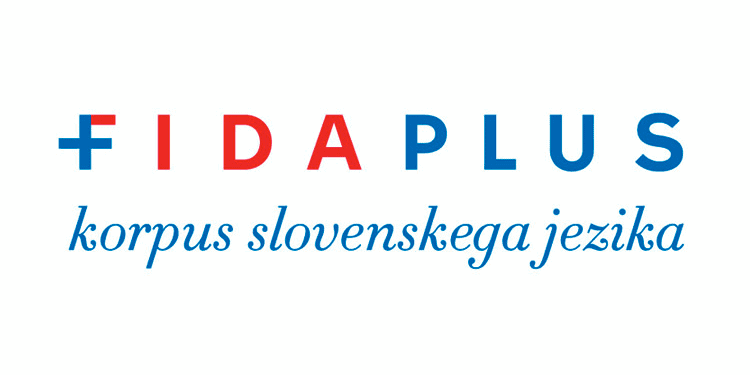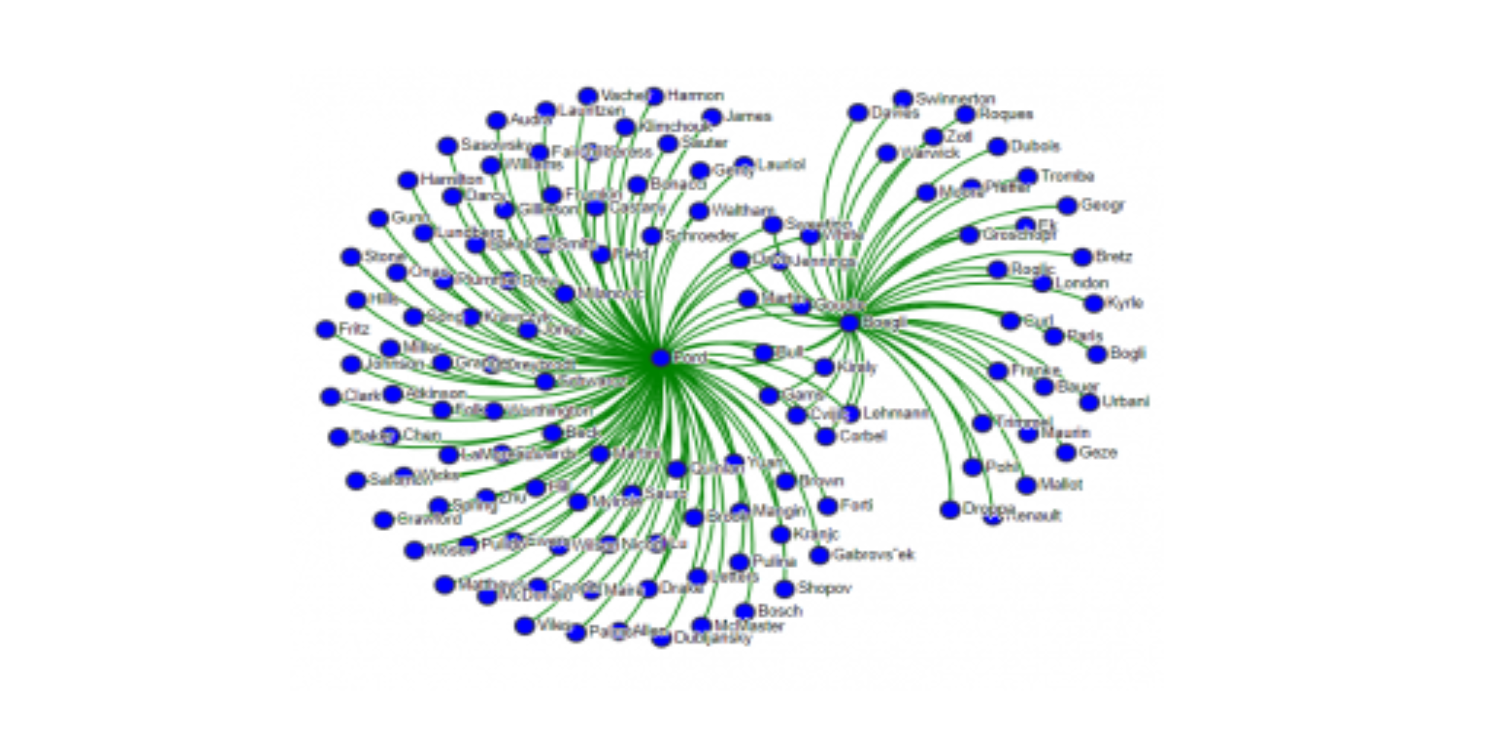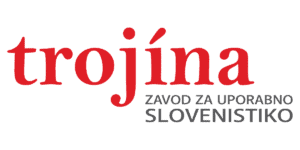Infrastructure Support
CJVT’s infrastructure offers researchers various services: language resources and tools for Slovene, online platforms (crowdsourcing, gamification), and website hosting for research projects and programmes in linguistics.
University Sketch Engine License
Center for language resources and technologies provides access to the Sketch Engine corpus tool to all users from University of Ljubljana.
PROP – Digitally supported development of writing skills
The aim of the project Empirical foundations for digitally-supported development of writing skills is to support teachers who correct and grade student writing. The solution lies in the digital support of teachers’ work and a digitally supported model of providing feedback to teachers and students.
SPOT – Treebank-Driven Approach to the Study of Spoken Slovenian
The SPOT project focuses on describing the syntactic features of Slovenian speech using a new method based on syntactically parsed collections of written and spoken texts (so-called treebanks).
Online Notes
The Online Notes (ON) project is focused on developing of a system for automatically translating lectures from Slovene to other languages.
SLOKIT – Upgrade of CLARIN.SI: Corpus summarizer and text analyzer
The main purpose of the project is to upgrade the research infrastructure portal CLARIN.SI with services that will bring the content of the portal, especially the corpora, closer to a wider range of users.
Čas za slovenščino
Based on the Čas za slovenščino 1 textbook set, the project has developed a comprehensive interactive learning material for the initial learning of Slovenian, which provides learners with a high-quality and enjoyable Slovenian learning experience.
KOST corpus
The corpus of Slovene as a foreign language KOST (Korpus slovenščine kot tujega jezika) is a digital collection of texts written by adult speakers for whom Slovene is not their first language.
Learning dataset of collocations
As part of the project, a learning dataset of 713,310 collocation candidates was created. The collocation candidates were automatically extracted from the Gigafida 2.0 reference corpus and annotated according to their collocation relevance.
DSDE – Development of Slovene in a Digital Environment
The project goal is to meet the needs for computational tools and services in the field of language technologies for Slovene.
SoKol – Synonyms and Collocations 2.0
Upgrading fundamental dictionary resources and databases of CJVT UL, where the Slovene Thesaurus and Slovene Collocations Dictionary will be upgraded into version 2.0
KOLOS – Collocations in Slovene
Basic research into semantic and temporal aspects of collocations, as well as statistics for measuring them.
Jezikovna Slovenija Portal
A portal on language policy in the Republic of Slovenia, which includes a language policy advisory service.
KaUč – Slovenian Textbook Quality Project
The project is developing quality indicators for textbooks. They will be of practical use in the textbook validation and evaluation process. The development of tools to assist in the definition of the indicators is also underway.
NEW GRAMMAR
New grammar of contemporary standard Slovene: sources and methods.
KOMASS
Hungarian-Slovene dictionary concept: from language resource to users.
EMBEDDIA – Cross-Lingual Embeddings for Less-Represented Languages in European News Media
The EMBEDDIA project aims to bring high-end language technologies to under-represented languages in the EU by using cross-lingual embeddings coupled with deep neural networks.
European survey on dictionary use
Identifying user expectations about monolingual dictionaries, their experience in using them, and offered suggestions for improvements.
Corpora Gigafida, Kres,
ccGigafida and ccKres upgrade
New corpora versions: balanced texts, improved accuracy, new user interface …
Thesaurus of Modern Slovene promotion
Informing the public about the new thesaurus, synonymy, and the possibilities of public involvement.
FRENK
Resources, methods, and tools for the understanding, identification, and classification of various forms of socially unacceptable discourse in the information society.
STARK – Statistical analysis of dependency-parsed corpora
STARK is a tool for statistical analysis of dependency-parsed corpora. It returns a frequency lists for dependency trees from dependency-parsed corpora.
Historic versions of the Gigafida Slovene reference corpus
We enabled access to the previous versions of the Gigafida corpus through the online concordancers noSketch Engine and KonText. More specifically, the corpora FidaPLUS, Gigafida 1.0 and Gigafida 1.1 are accessible.
Sloleks lexicon accentuation
The Slovene morphological Lexicon Sloleks was updated with automatic (and partially manually-annotated) accents. Additionally, a new interface which enables crowdsourcing of accent data was developed.
Keywords and n-grams from a textbook corpus
In this project, a corpus of textbooks for primary and secondary school was built. A list of words, n-grams and keywords was extracted.
LIST – efficient Slovene corpus analysis tool
A clear and understandable user interface for the corpusStatistics tool (renamed to LIST) was developed. It enables its users to easily access language statistics in Slovene and other corpora.
TermFrame
TermFrame is a three-year research project (2018-2021) that addresses terminology and knowledge at the intersection of languages, cognition and computer science. The project is funded by the Slovenian Public Agency for Research.
Trojina Centre for Applied Linguistics
Center for Language Resources and Technologies took over the infrastructural maintenance of Trojina centre.
